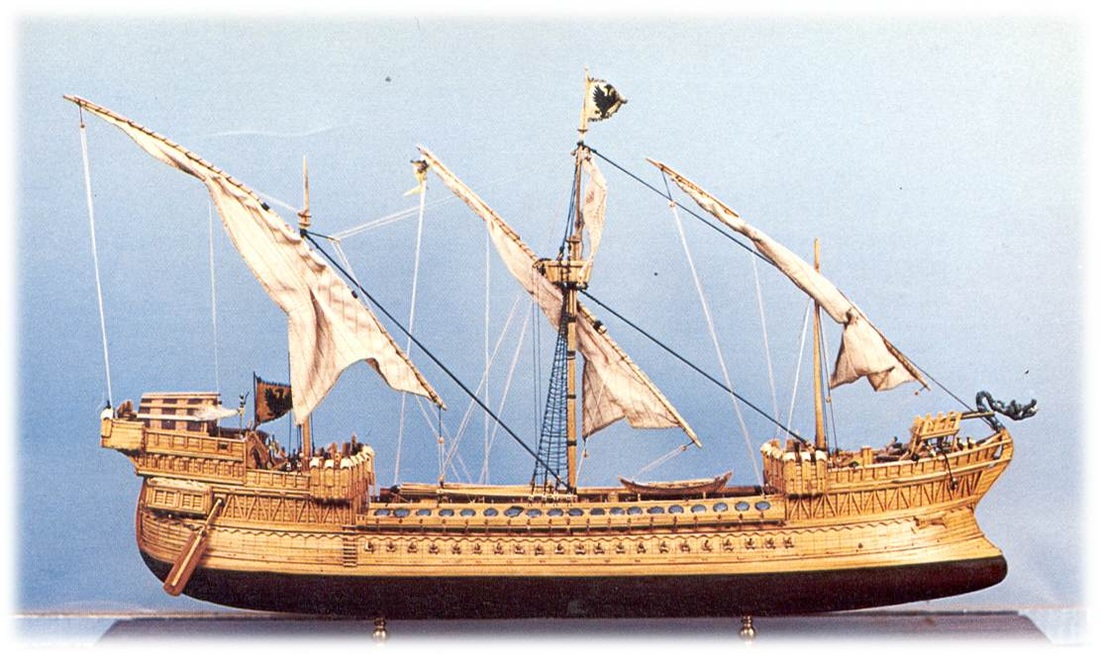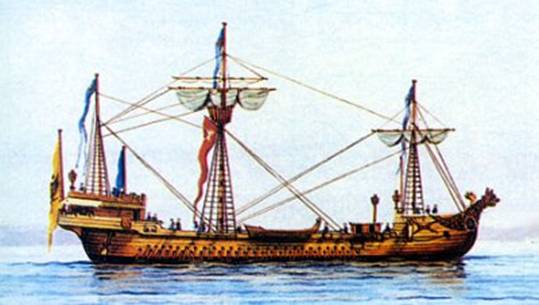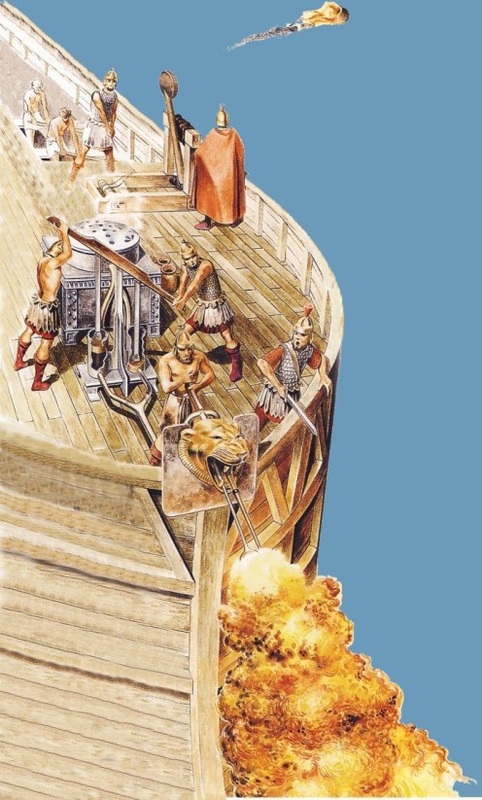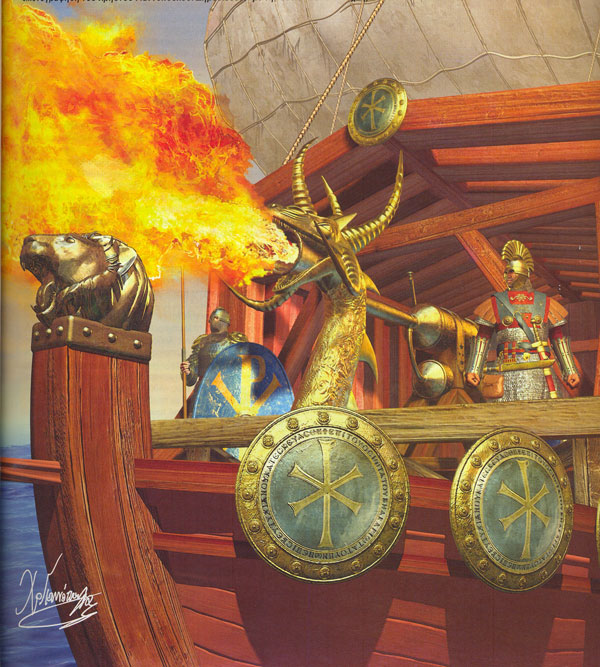Thank you for noticing my post, and for noticing me too, Senpai.
The Corpus Juris Civilis was quite honestly the first thing that came to my mind when I made my post, followed swiftly by Greek fire. And those two were off the top of my head. I did a little digging and immediately remembered Gemistus Pletho, in addition to learning about the other Byzantine-Greek humanists partially responsible for the Italian Renaissance (there are many that I didn't even bother to list). In terms of military tech and architecture, the Byzantines made fine contributions to the world. They weren't as impressive as the earlier Romans or the Classical and Hellenistic Greeks for that matter, but they were certainly one of the most advanced societies on Earth during the Middle Ages.
And I didn't even touch literature! Neoptolemos offered us a link to that as well as to Byzantine medicine, which should probably be required, preliminary reading materials for anyone making claims about the Byzantines' contributions to science, technology, engineering, or intellectual pursuits.
That was a good comeback.
I never thought I'd say this, but those godforsaken Martians need to pony up and pay their share of taxes to our lord in Constantinoupolis. Otherwise we'll just have to assemble a second Reconquista ala the Justinian Dynasty.















 Reply With Quote
Reply With Quote
























